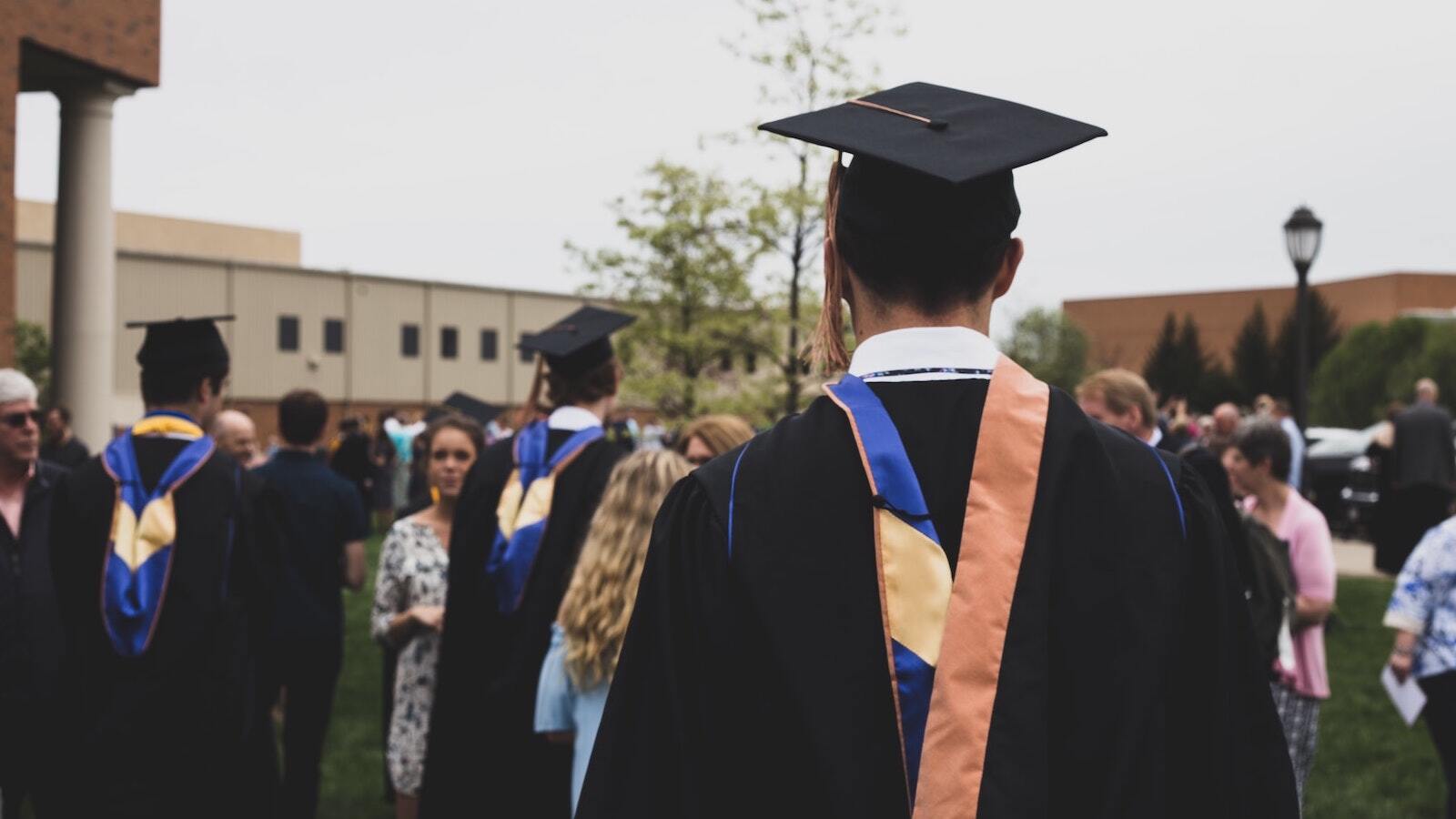Fight for Yale’s Future, a private organization founded with goals to restore “light and truth” to Yale, tweeted a National Review article about the ongoing implementation of diversity, equity and inclusion (DEI) at universities. One of Fight for Yale’s main tenants is to maintain free speech and academic integrity at the institution.
“At too many colleges and universities, DEI administrative units now pose a profound threat to free inquiry and academic integrity,” Fight for Yale’s Future quoted in a Sept. 22 Twitter post. "Yale and too many other universities have burdened free speech with overbearing DEI bureaucracies."
Fight for Yale’s tweet was a response to a National Review article titled “It’s Time to Roll Back Campus DEI Bureaucracies” by Jay P. Greene and Frederick M. Hess. Greene and Hess acknowledge diversity, equity and inclusion to mean good things by themselves, but when used in higher education become “Orwellian” and become “a tool of groupthink, censorship and exclusion.”
Greene and Hess go on to explain how DEI staff at universities are not categorized as normal staff positions, but instead are given freedom to instigate their “political orthodoxy” on campus. They cite a Heritage Foundation study that found a typical university has 45 DEI staff employed. The study also found that students tend to feel less welcome at universities with a higher number of DEI staff and programs, according to the National Review article.
Greene and Hess argue that DEI staff, without having an academic role as a teacher, look for ways to “assert themselves” into campus. The DEI staff create new programs and initiatives, rename buildings and search for micro-aggressions. Greene and Hess say this type of political orthodoxy can lead to a disregard for free speech and academic integrity. State legislatures have the ability to phase out DEI positions from public universities, especially if their efforts are seen as unproductive. Greene and Hess also call for the removal of asking for DEI statements during the hiring process which allows “universities to discriminate on political grounds when hiring faculty and staff.”
Fight for Yale’s Future is an organization that seeks accountability and reform so that alumni of Yale have a more confident approach when giving back to their alma mater.
“Fight for Yale’s Future was created to educate key stakeholders and members of the public about an ever-expanding series of troubling developments at Yale University, to stimulate debate about its mission and activities, and to hold its leadership accountable,” according to the organization's website. “The four main areas Fight for Yale’s Future is dedicated to reforming are: Governance, free inquiry, academic excellence and ballooning bureaucracy. They want “Yale to assess proactively and regularly the ability of students and faculty to speak openly and take steps to improve the campus climate.”
According to the National Association of Diversity Officers in Higher Education (NADOHE), “for racial equity to be embedded and transformational change to occur, there must be a review of policies and processes to examine and document the ways that racism, particularly anti-black racism, exist and persist in recruitment, hiring, retention and promotion of faculty, staff and students. Such review may bring an awareness of the complexities and interrelated nature of what needs to be transformed.” The NADOHE offers suggestions for search committees at universities to start using DEI as a baseline, mentioning it in job descriptions and prioritizing candidates that match DEI standards.
Taffye Benson Clayton, associate provost and vice president for inclusion and diversity at Auburn University, argues the shift in demographics has led to a more intense focus on DEI in higher education. Clayton defines inclusion as “having a valued voice, seeing others like you represented around you and in the curriculum, and knowing that you belong and matter based on how you experience the environment and your interactions with others,” according to a blogpost in Higher Education Today.
Clayton claims the social unrest following the death of George Floyd led to a greater evaluation of implicit bias within academic systems in the U.S. "'Equity-mindedness' is 'a mode of thinking that calls attention to patterns of inequity in student outcomes, resulting in individual (university leaders, faculty and professionals) and institutional responsibility for advancing equity-achieving practices to impact success for all students,'” she wrote, according to Higher Education Today. Addressing the “systemic racism” and “inequities” in universities requires DEI strategies and realizing the importance of DEI as the most critical part of a university’s institutional goals.

